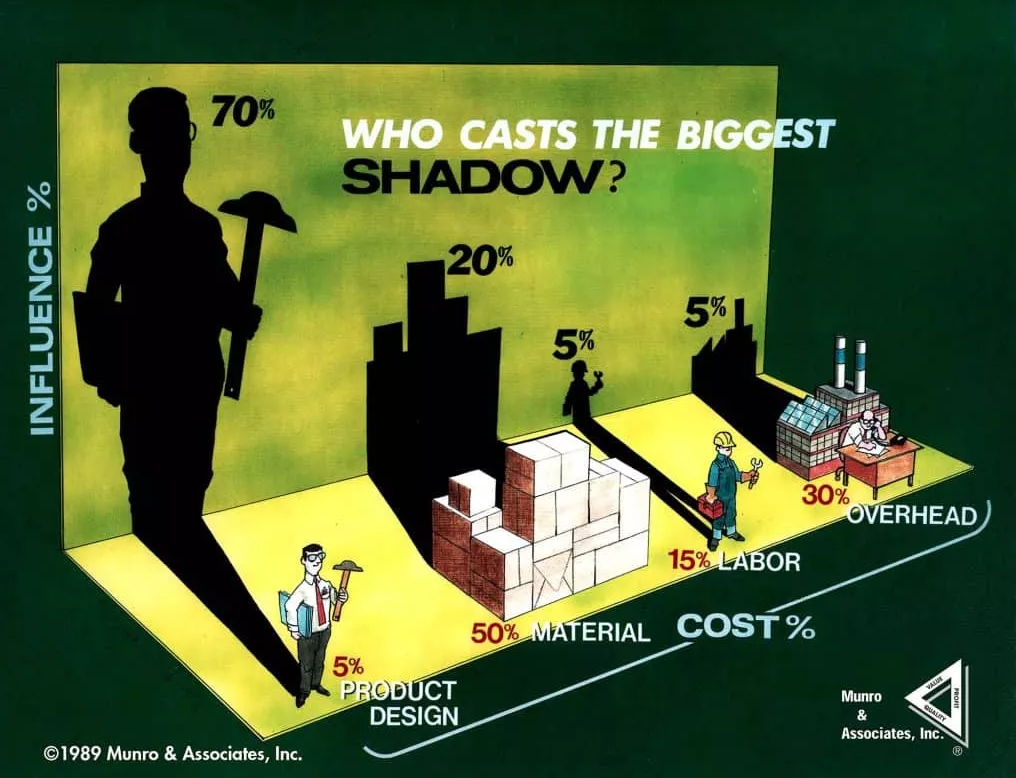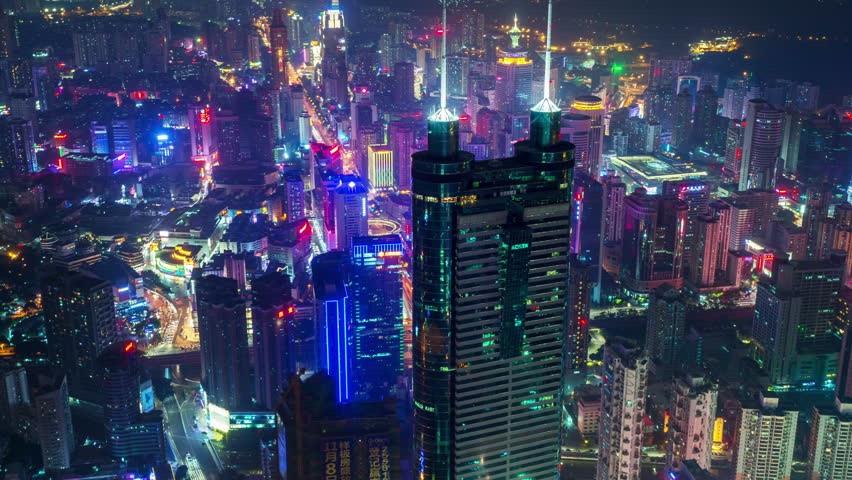"City is a machine" - that's not a very original take. Google returns over 700k results, yet not many people think about in such a systematic, engineering way.
To a first approximation, city is a machine for social interactions - due to its density and (hopefully) good transportation, it facilitates interactions of all kinds compared to low-density environment.
Treating cities as machines, arbeit very complex ones, leads to an obvious observation about technological progress in this area: like in many other areas, it is often easier to start from scratch.
Basically, it is easier to develop new technologies in environments of lower complexity like a desert than updating the existing infrastructure - that's technical debt 101 (see Starship being built in "Starbase", Boca Chica).
This way, all the newest and greatest solutions can be incorporated at the design stage; otherwise, you have Baumol's cost disease right here.

We obviously don't build computers out of vaccum tubes anymore and if one were to break, we would obviously replace it by one run on an integrated circuit. My take is that we should do the same for cities, designed and built by engineers.
Look at China - why are Chinese cities cyberpunk? They are simply newer.
Bottom line? Europe (and West at large) needs new cities.
